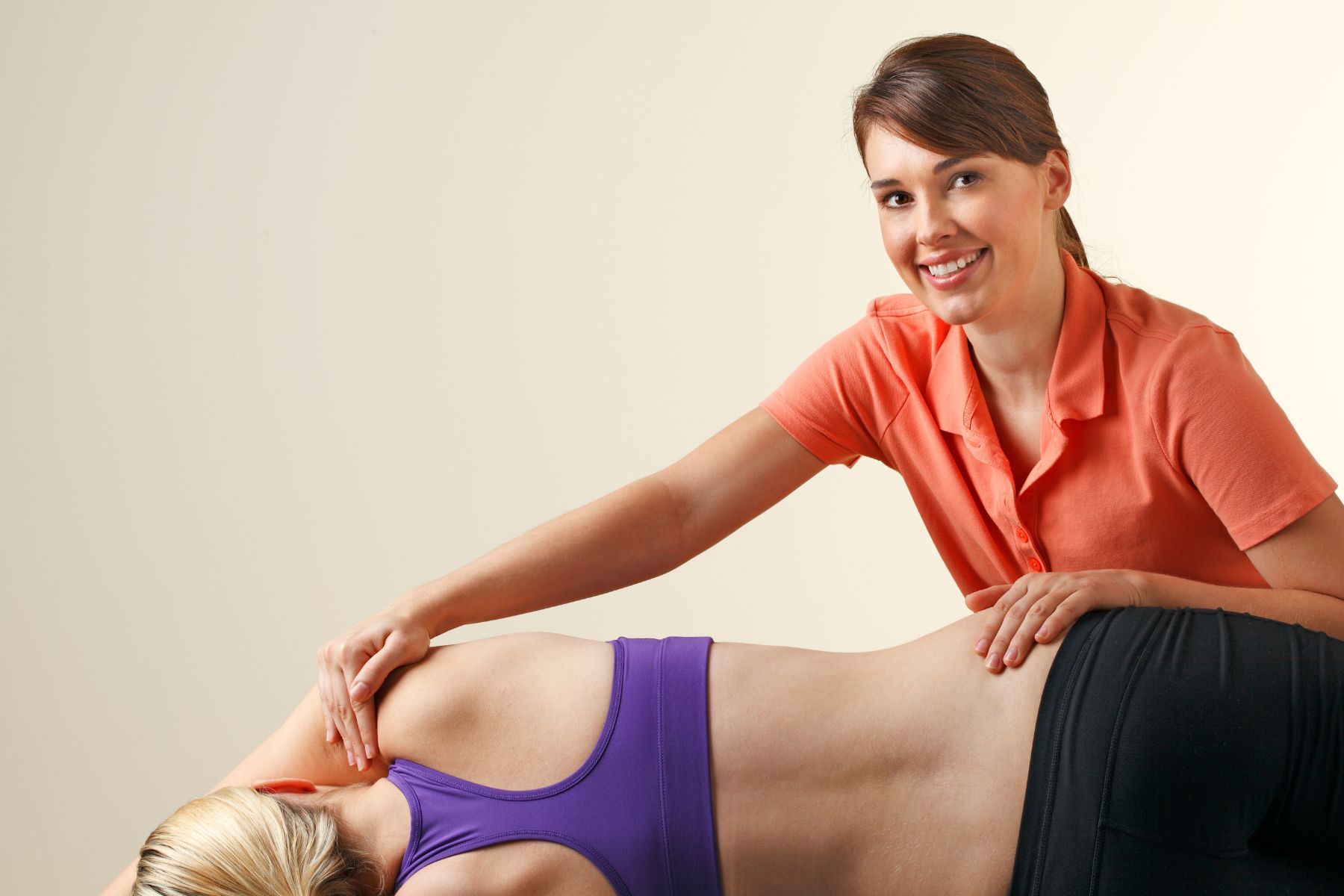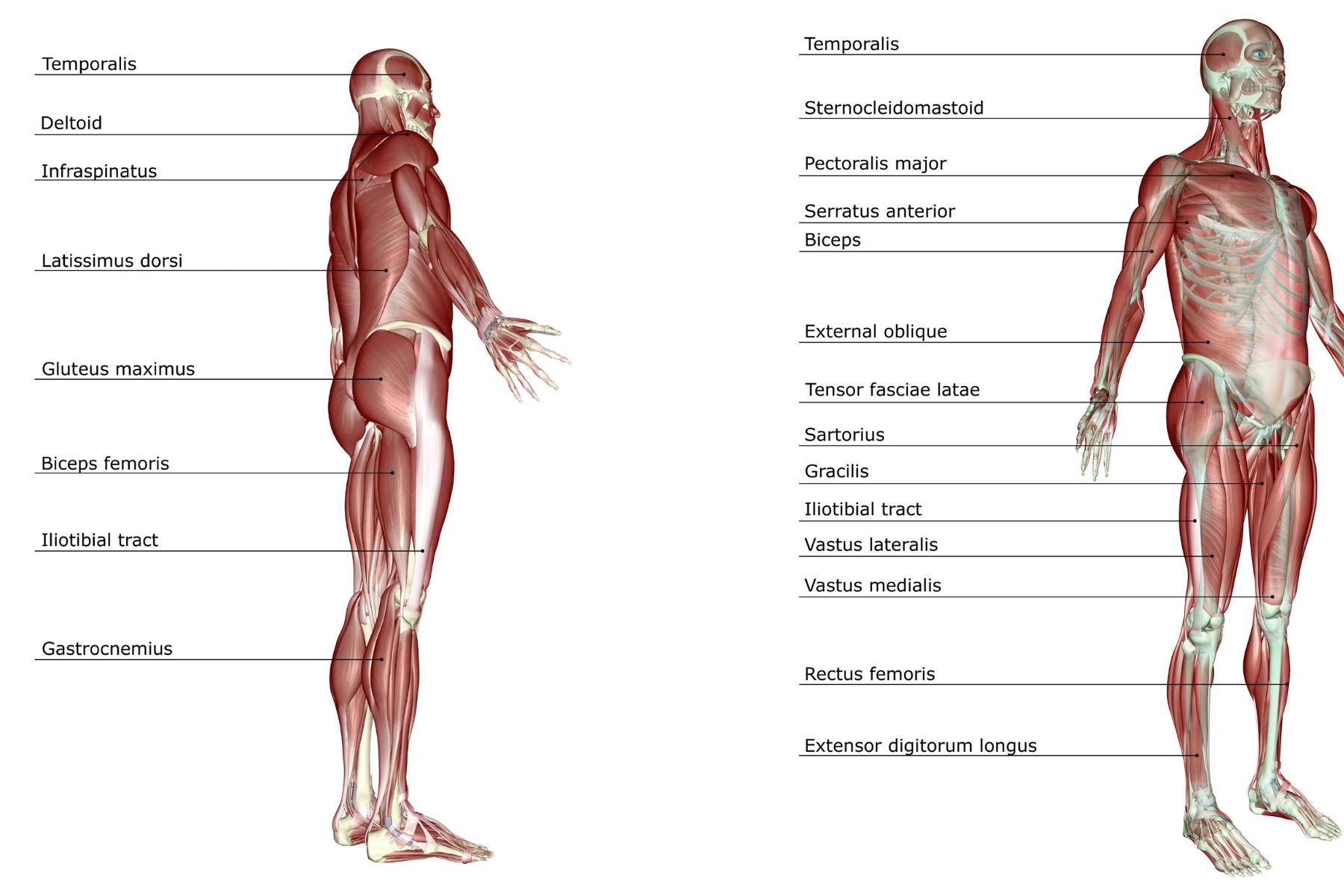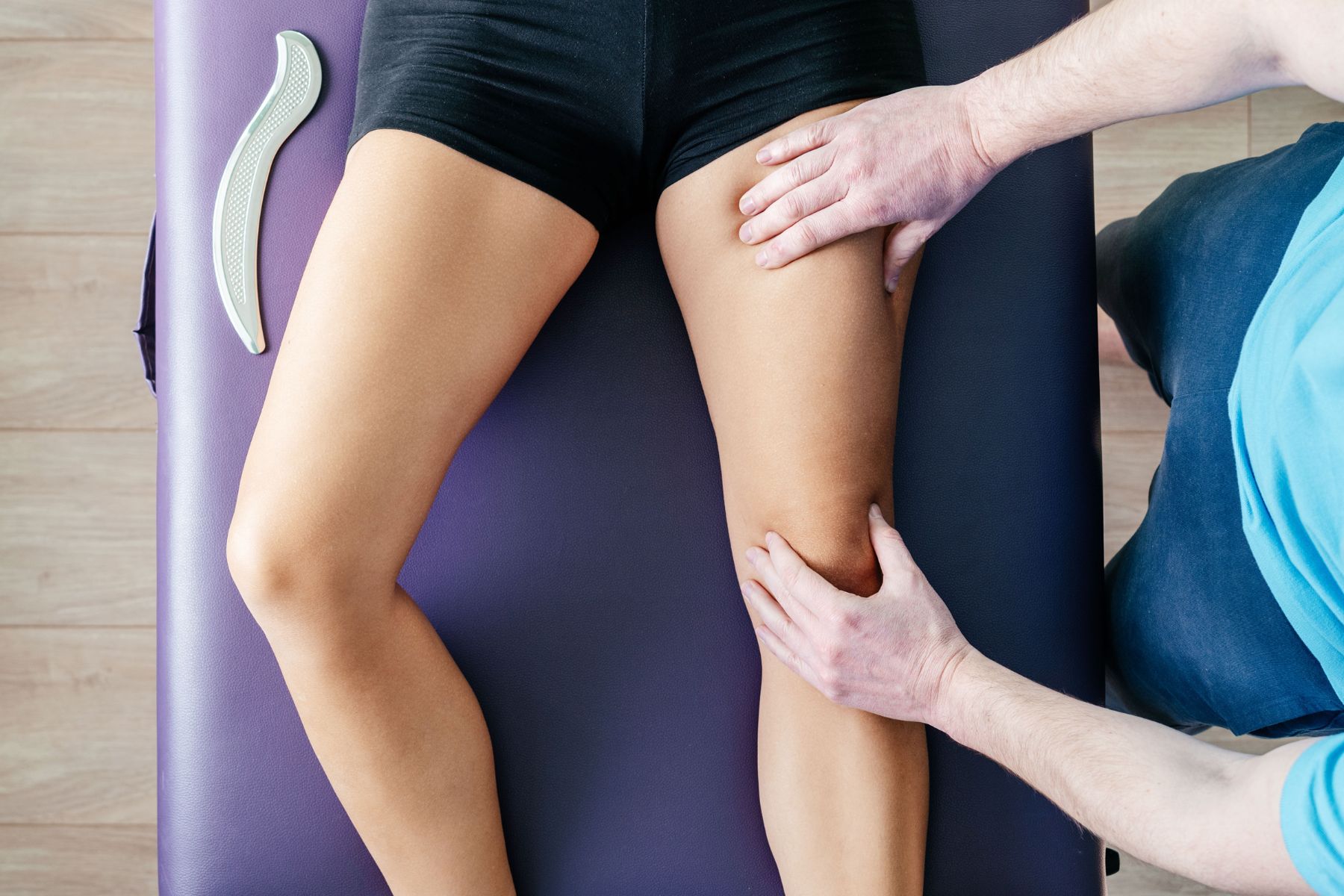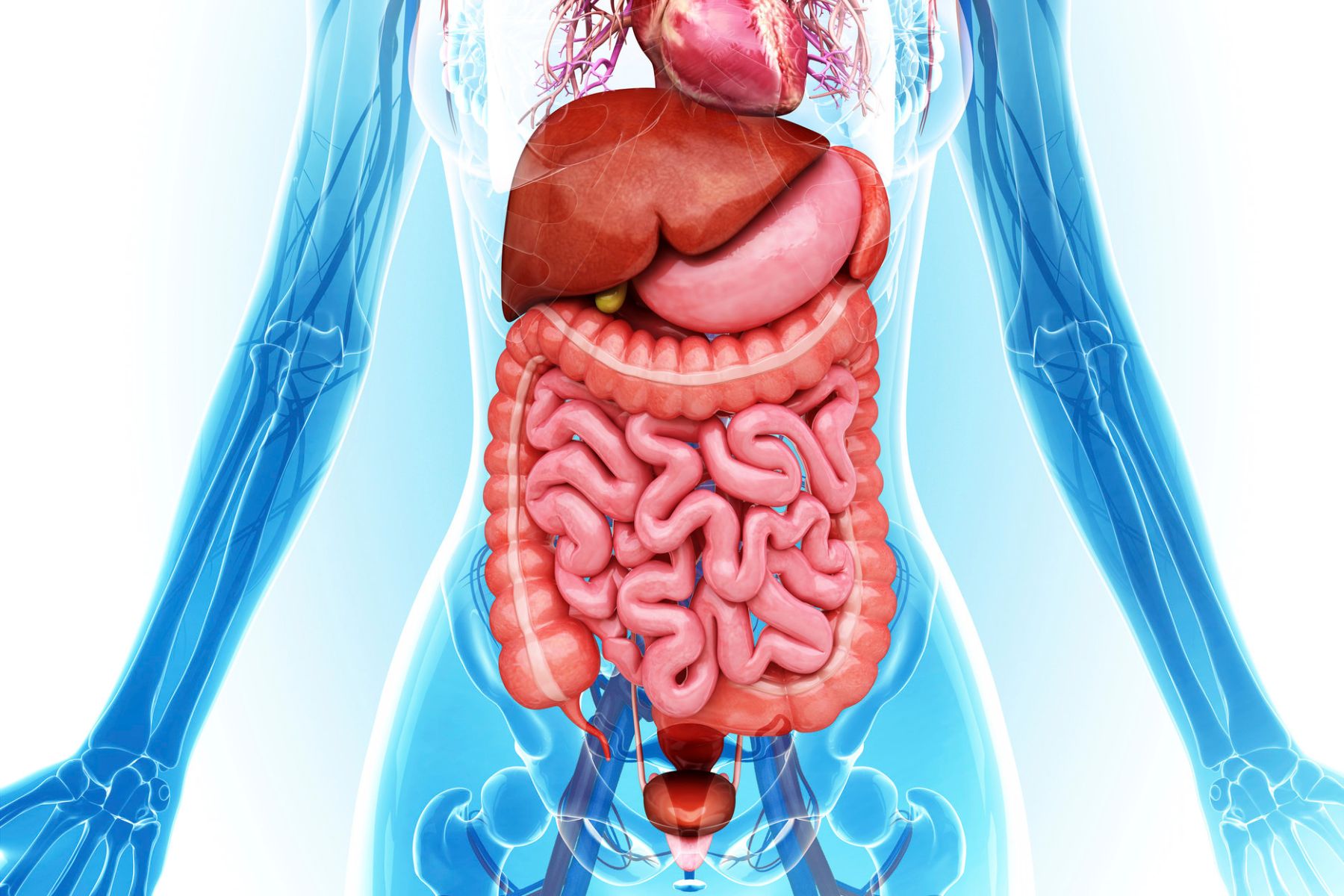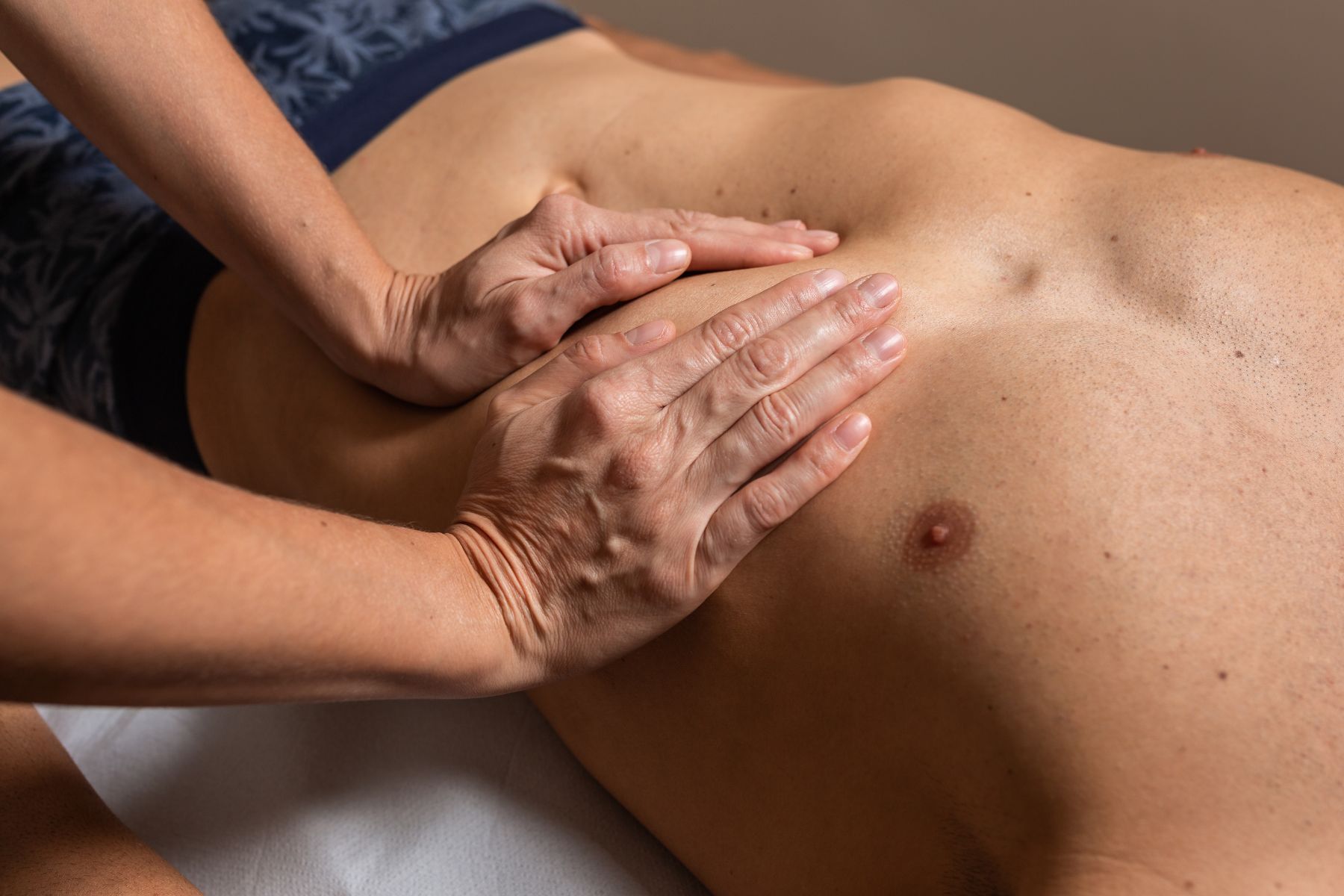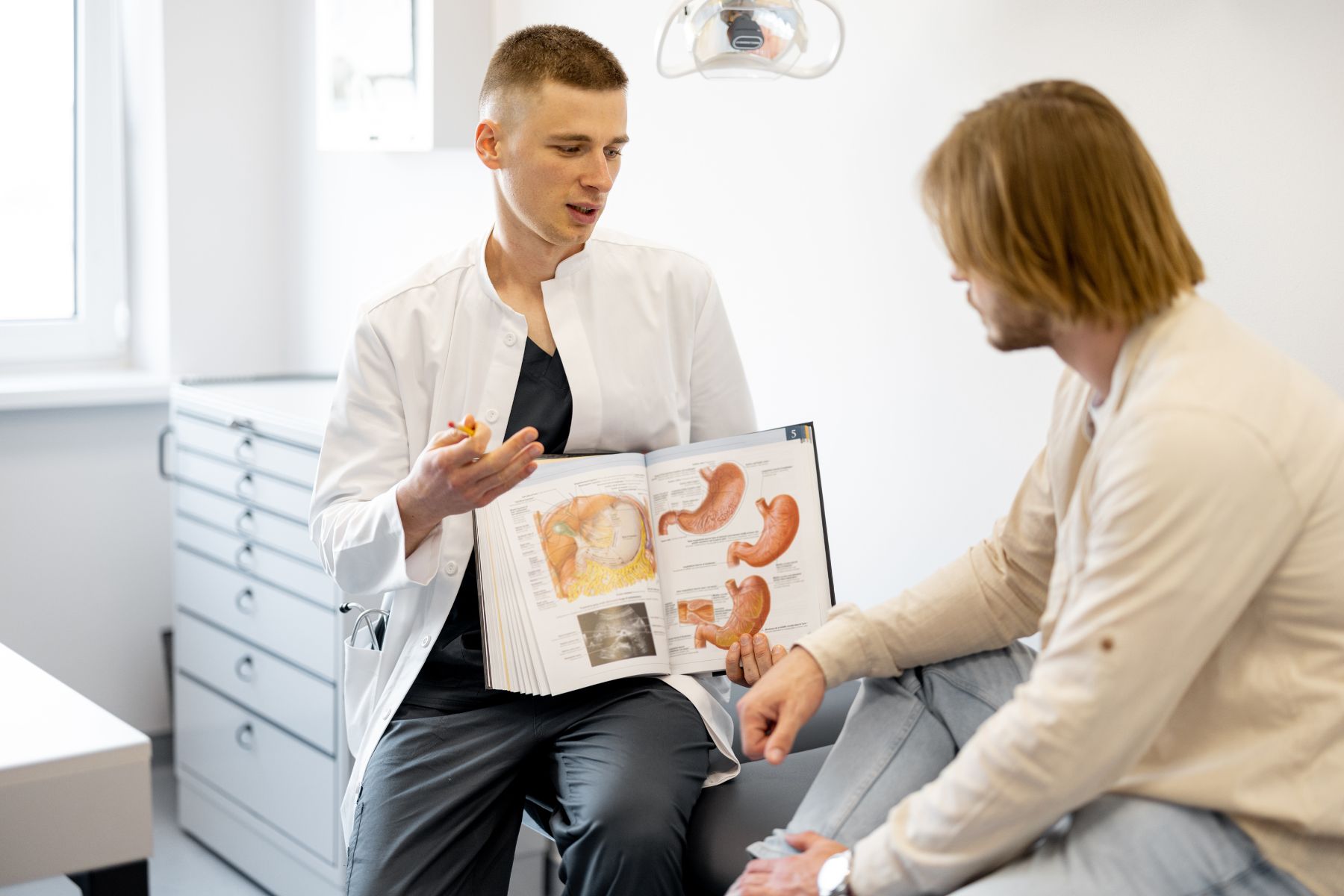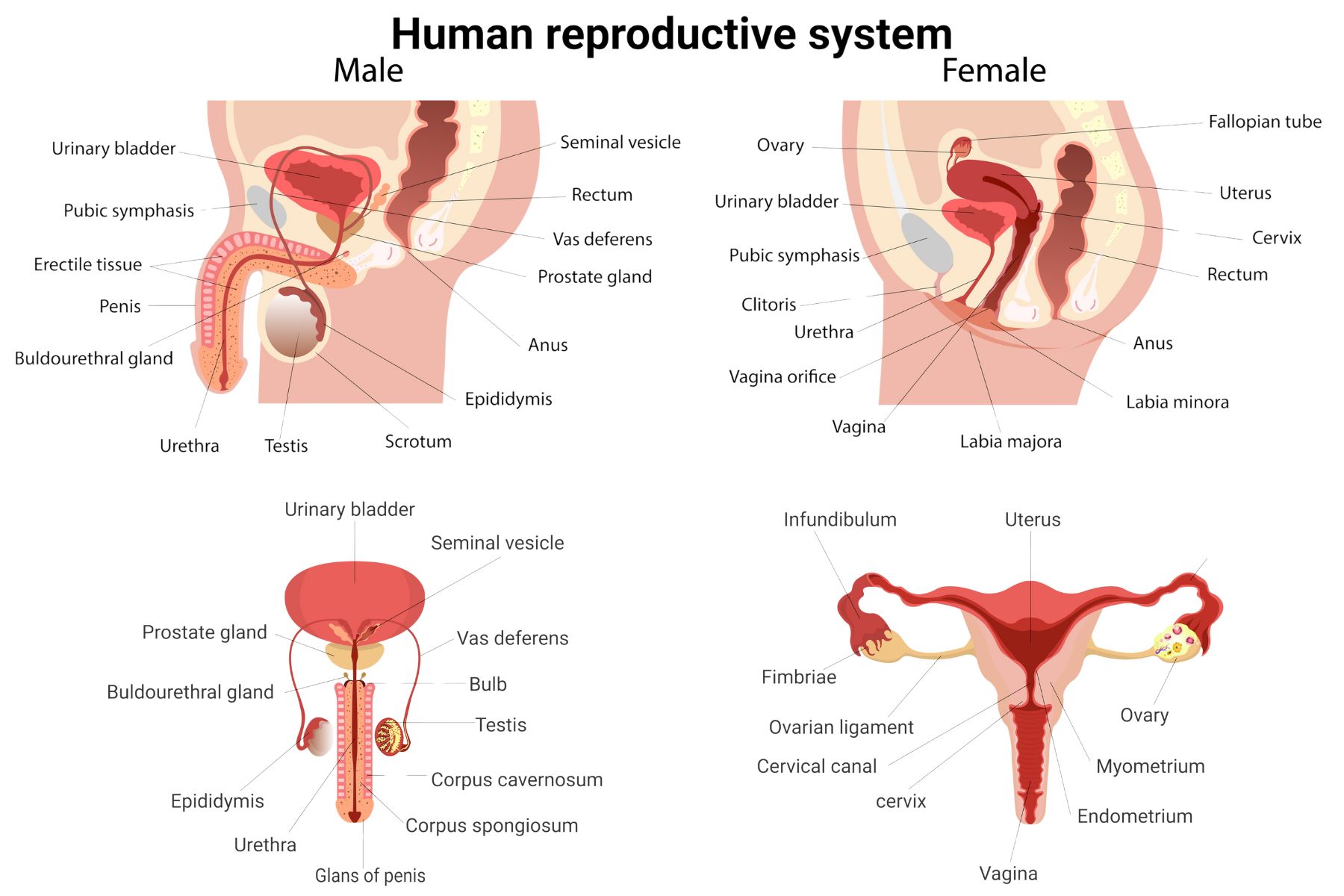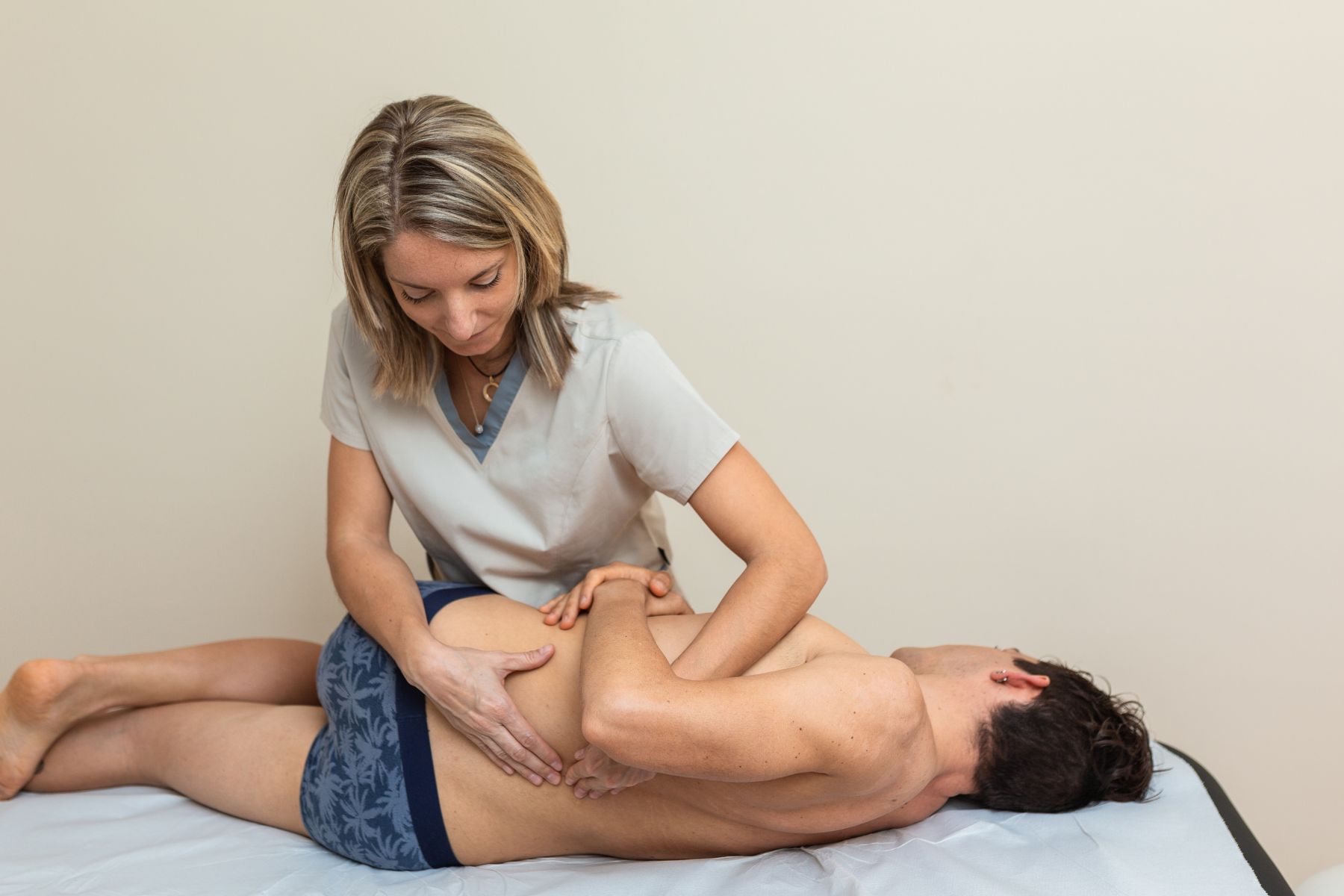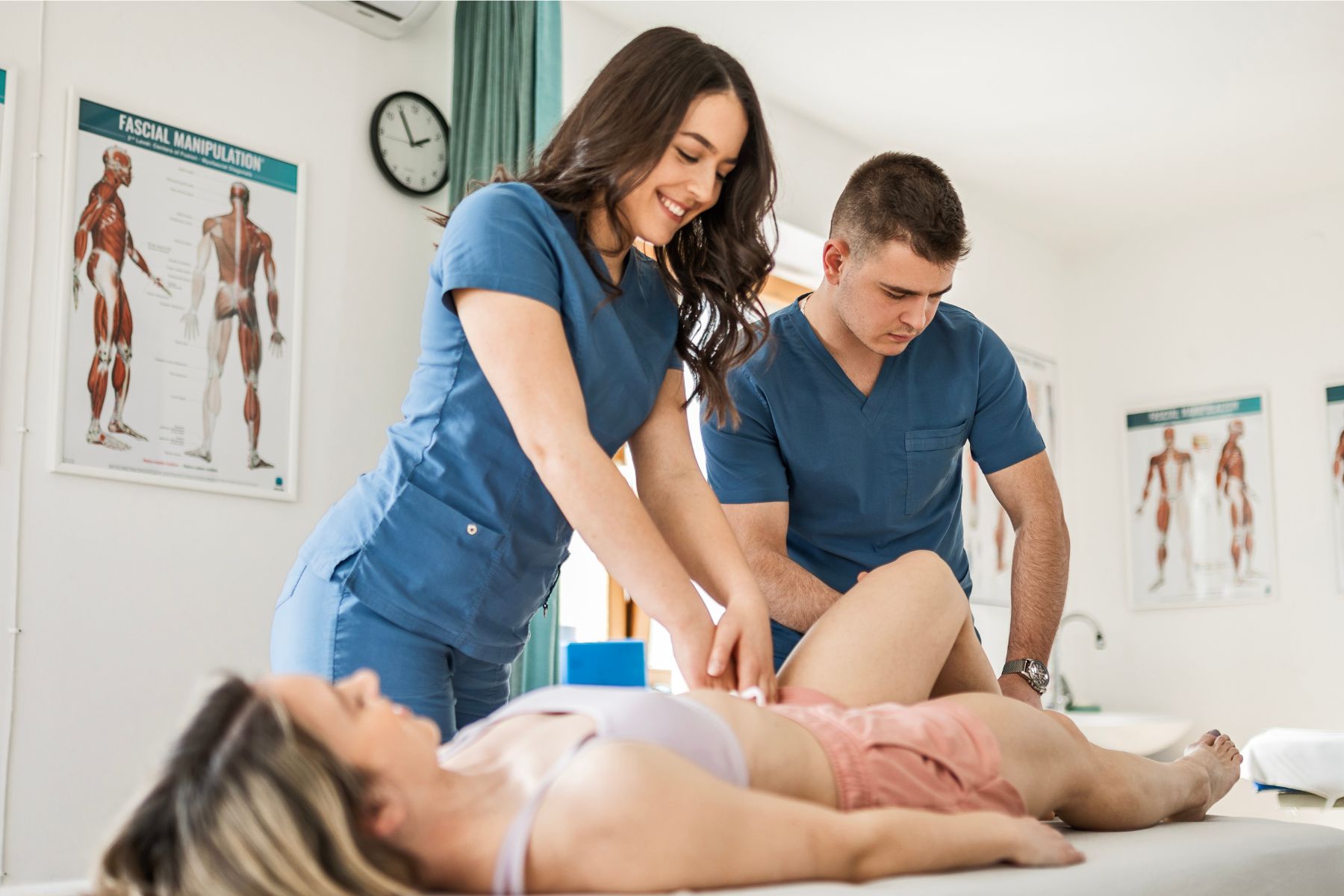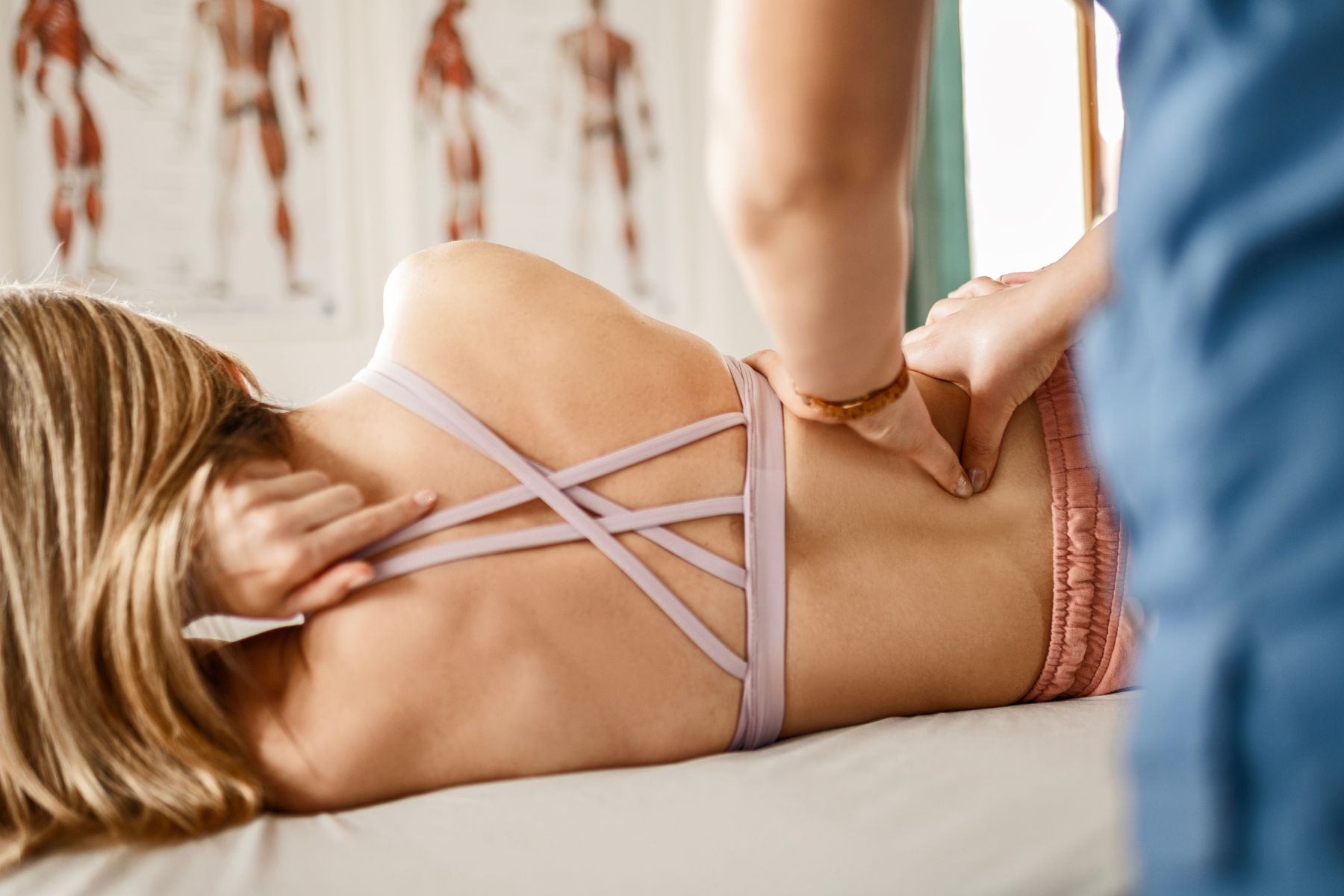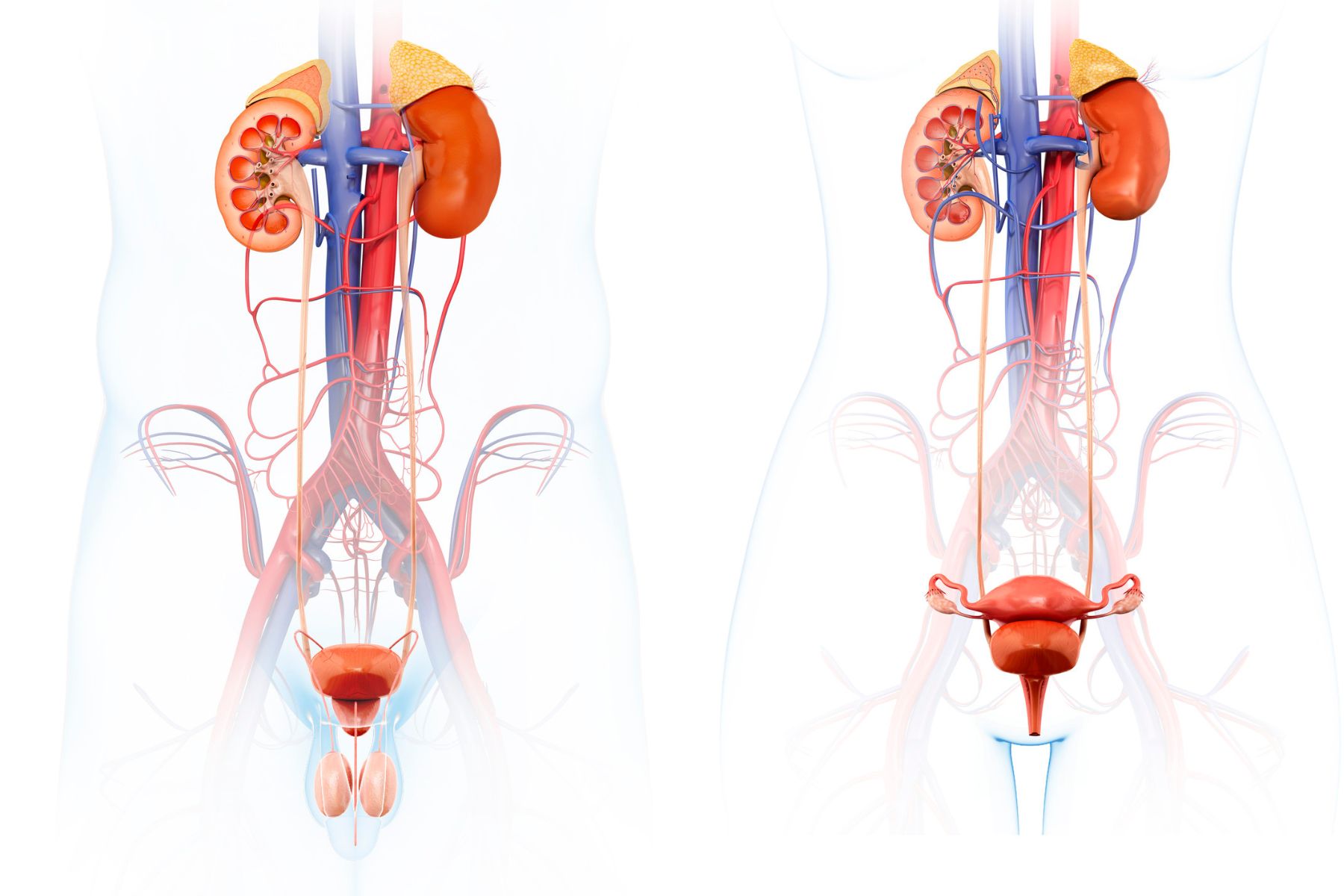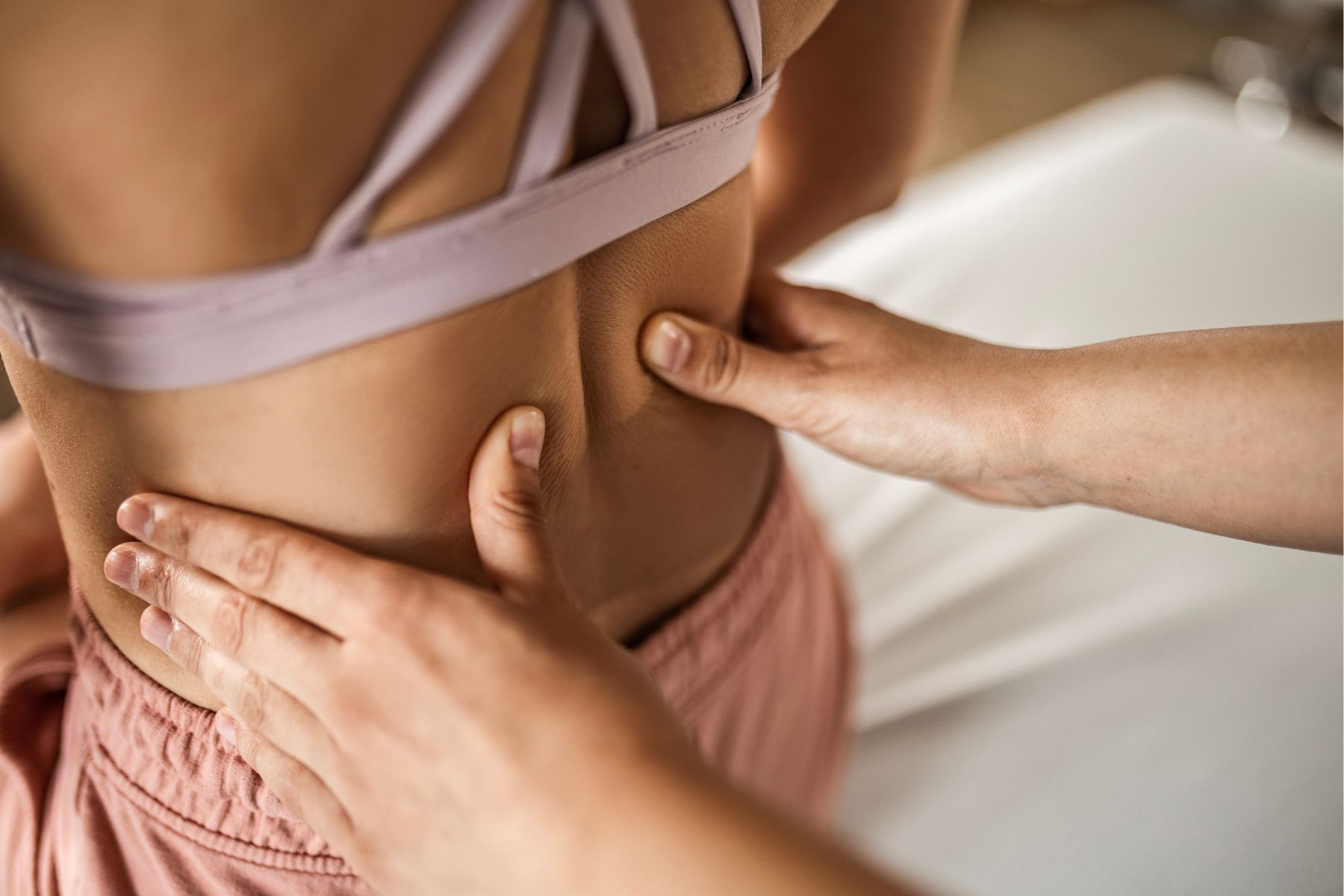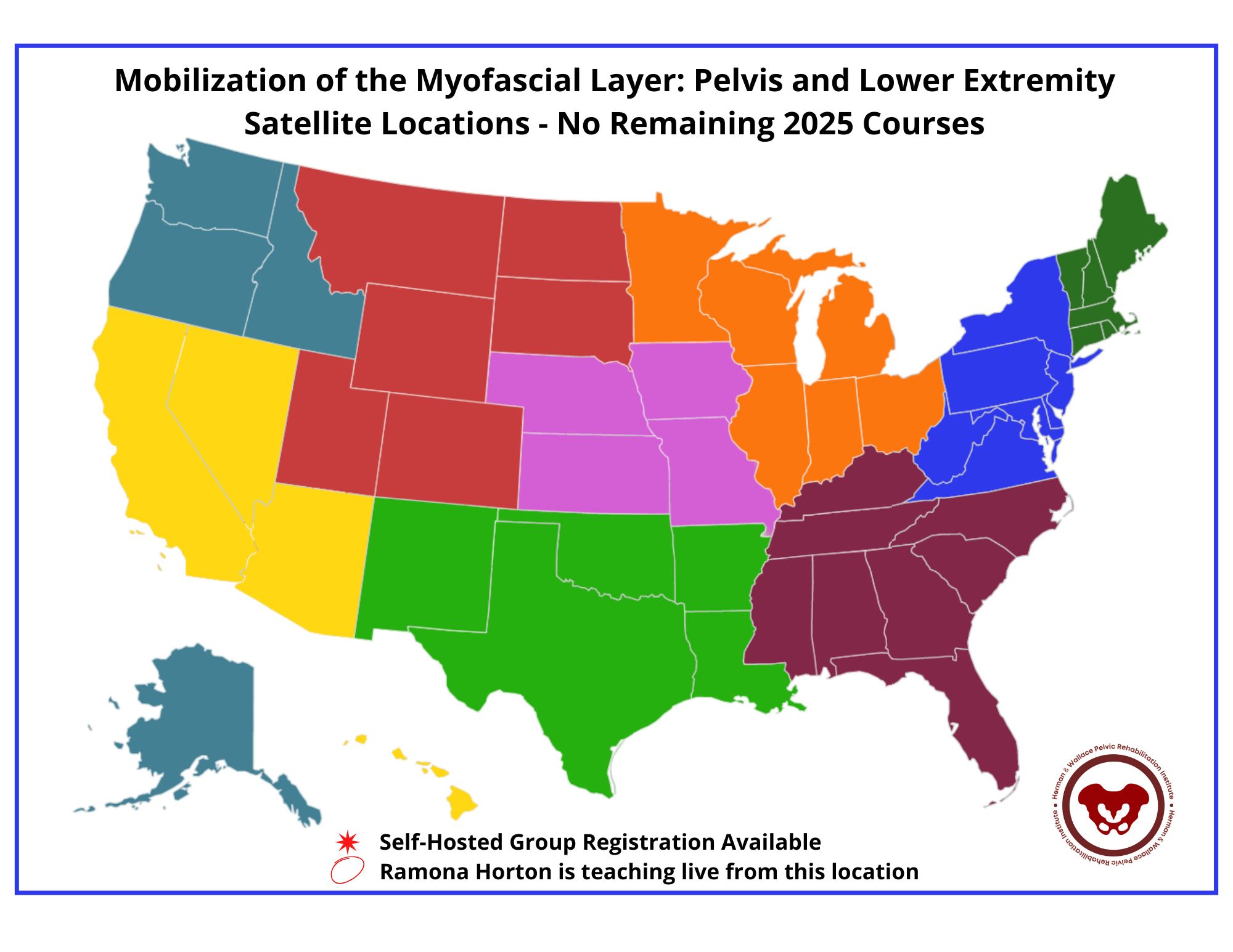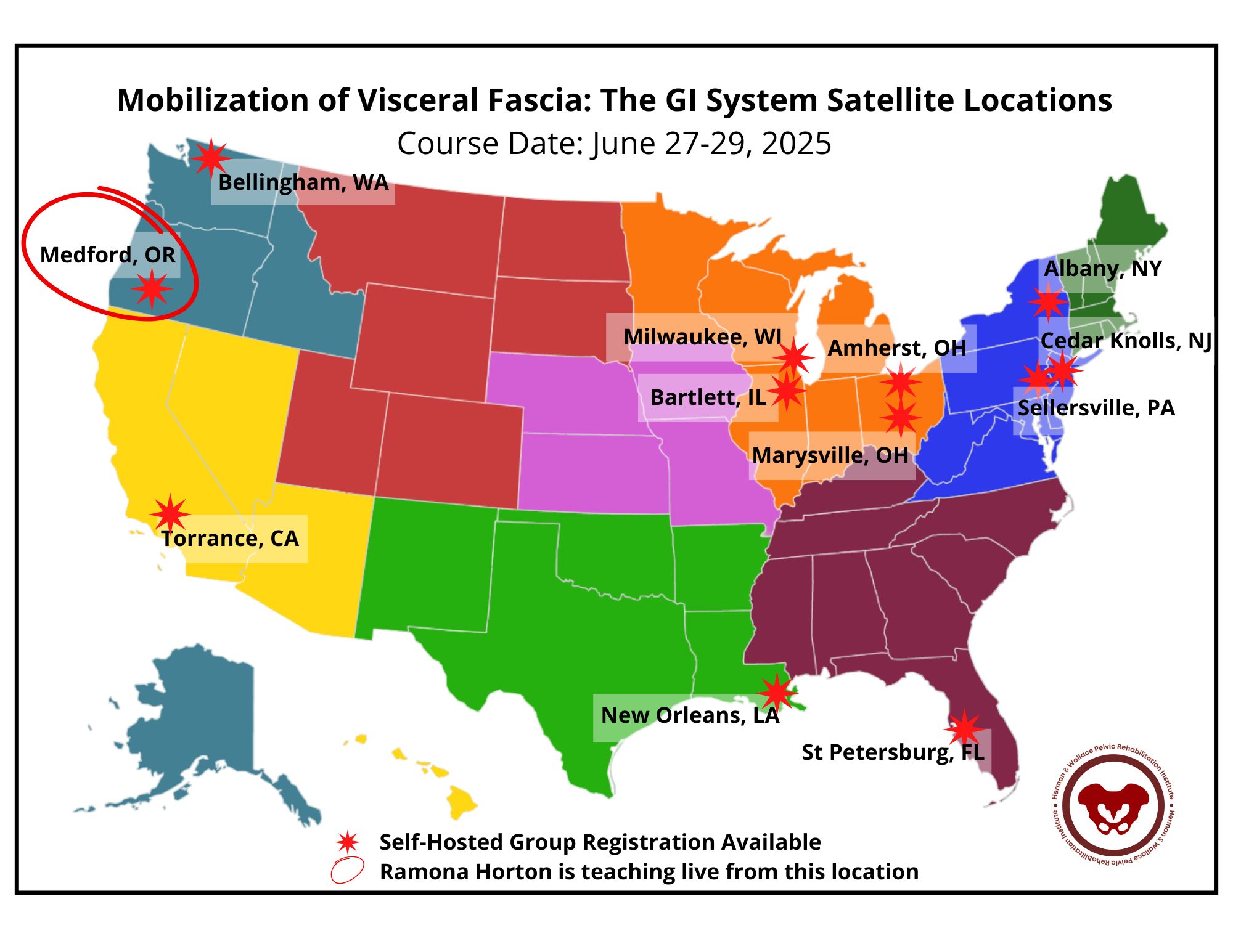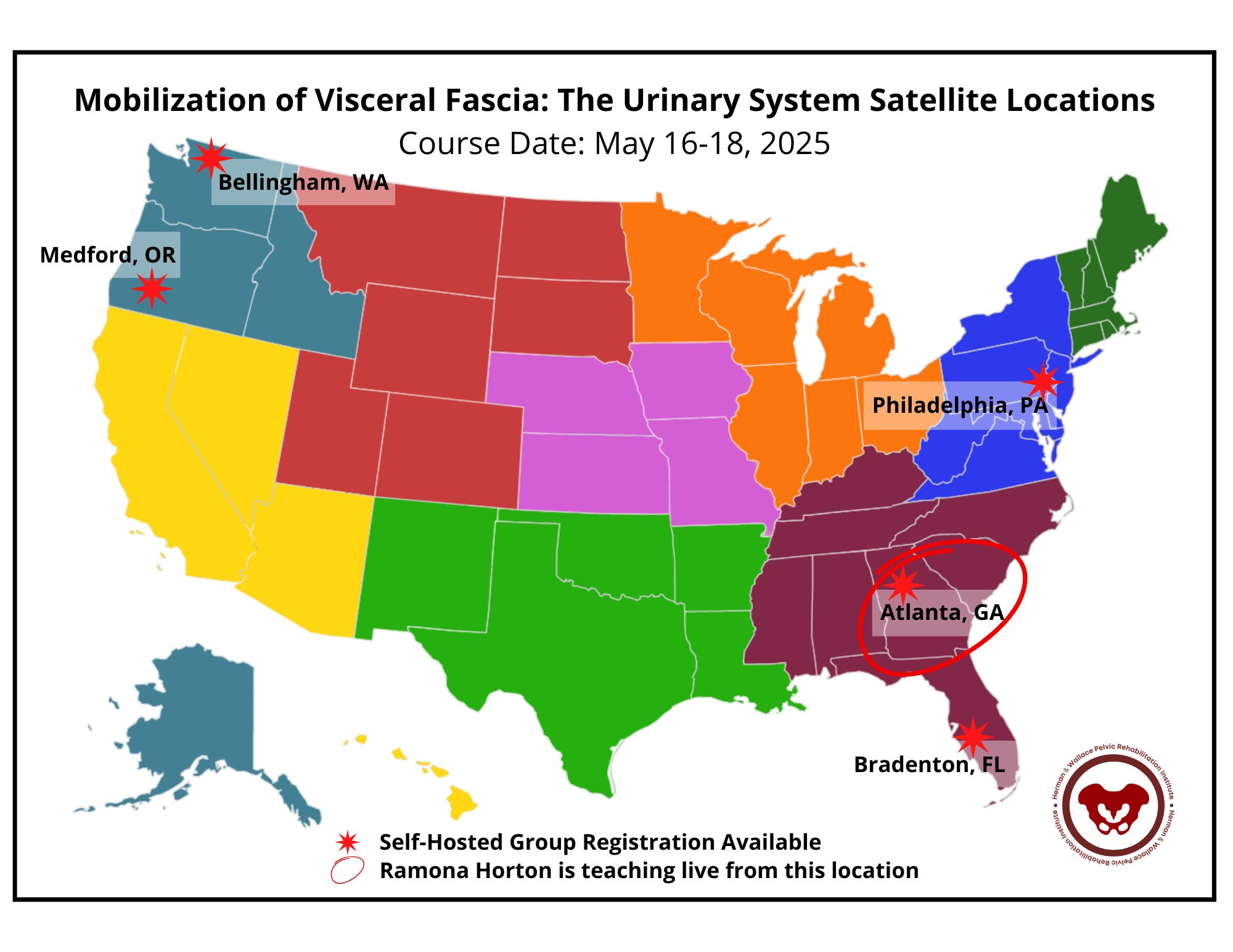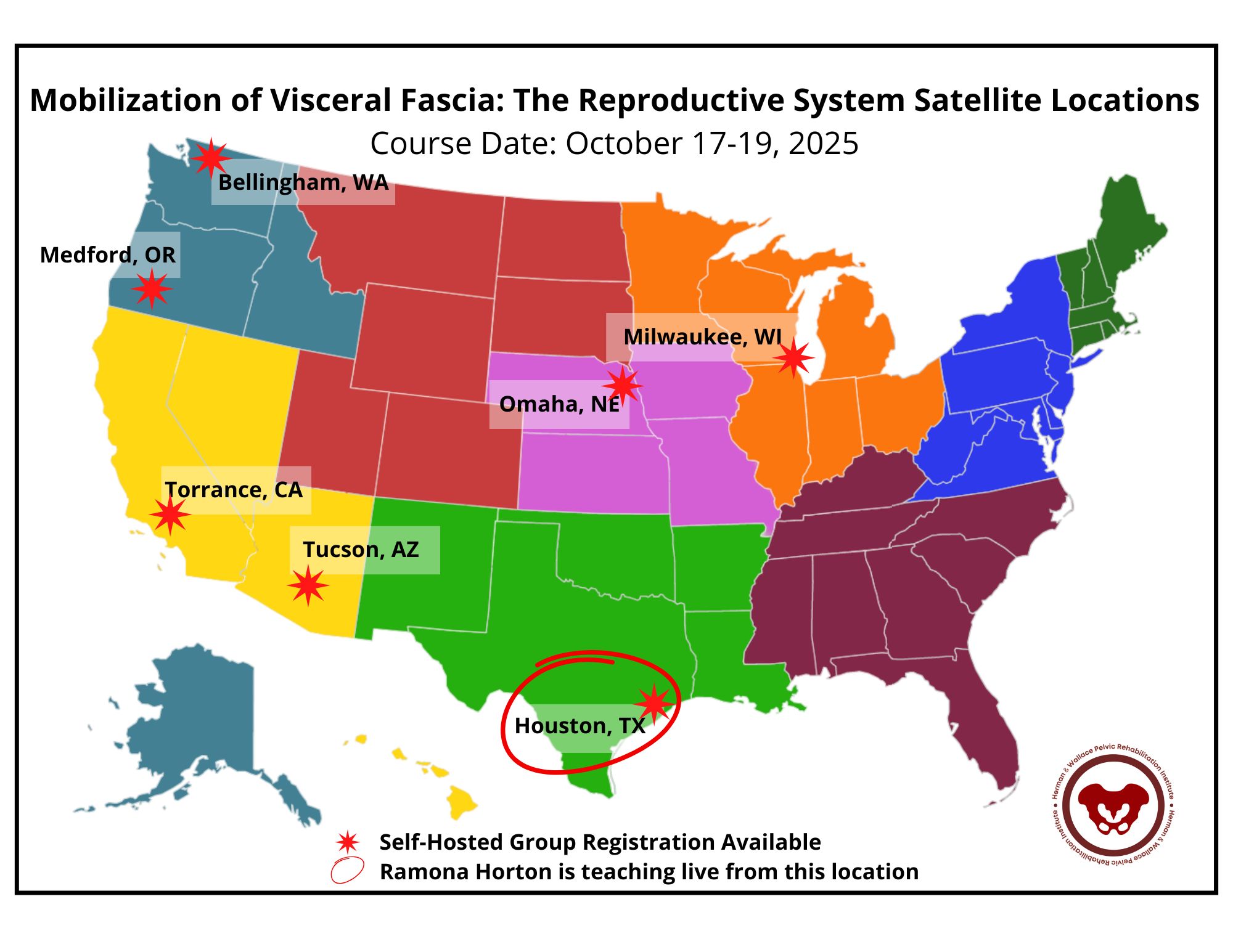Fascial-Based Treatment for Pelvic Dysfunction Courses
with Ramona Horton
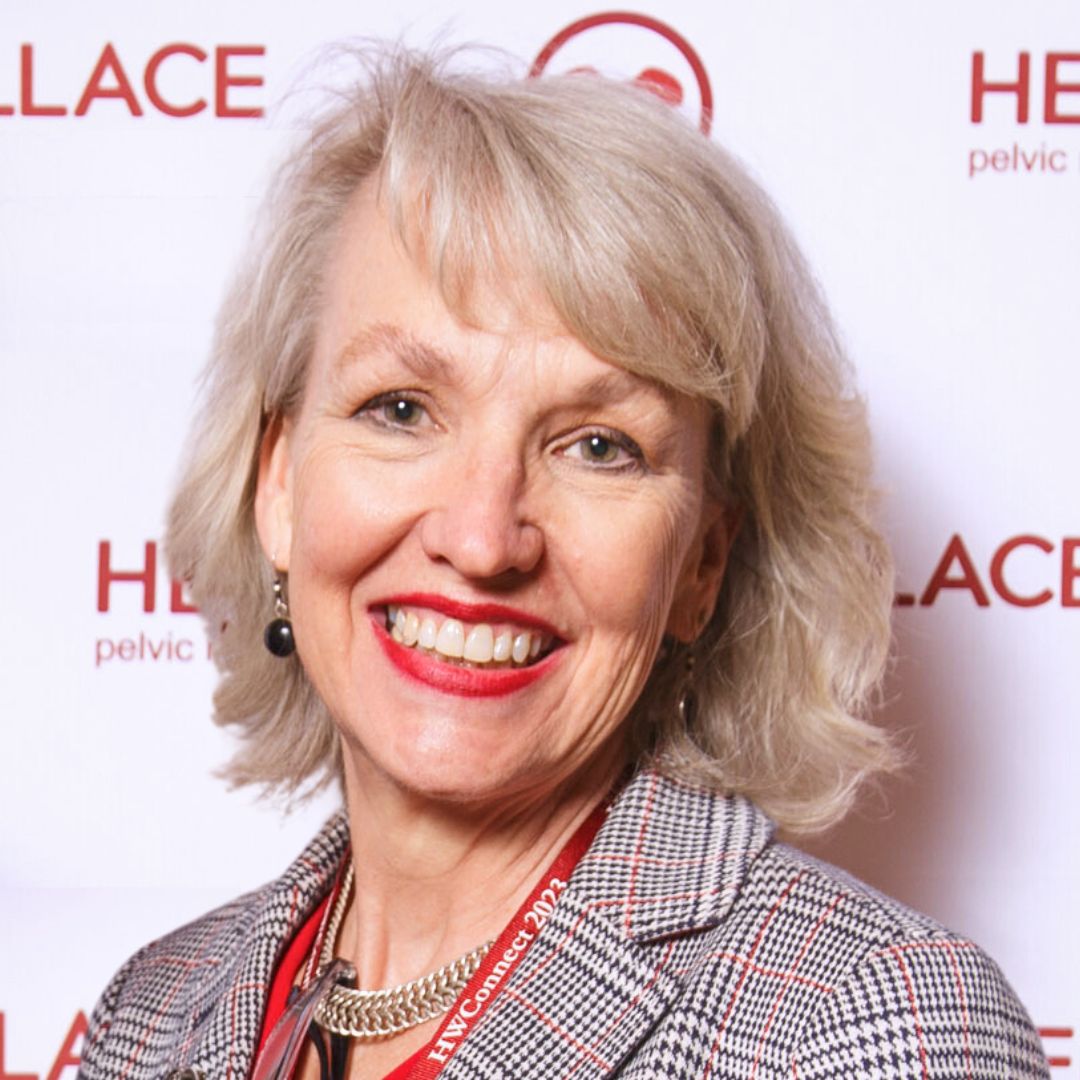
Ramona C. Horton MPT, DPT completed her graduate training in the US Army–Baylor University Program in Physical Therapy in San Antonio, TX. She exited the army at the rank of Captain and applied her experience with the military orthopedic population in the civilian sector as she developed a growing interest in the field of pelvic dysfunction.
A desire to expand her knowledge of evidence-based practice and research was the impetus to further her academic pursuits, receiving a post-professional Doctorate in Physical Therapy from A.T. Still University in Mesa, AZ. In 2020, Ramona received the prestigious Academy of Pelvic Health Elizabeth Noble Award for her contributions to the field of pelvic health.
Ramona serves as the lead therapist for her clinic's pelvic dysfunction program in Medford, OR. Her practice focuses on the treatment of men, women, and children with urological, gynecological, and colorectal issues. Ramona has completed advanced studies in manual therapy with an emphasis on spinal manipulation, and visceral and fascial mobilization. She developed and instructs the visceral and fascial mobilization courses for the Herman & Wallace Pelvic Rehabilitation Institute, presenting frequently at local, national, and international venues on topics relating to women’s health, pelvic floor dysfunction, and manual therapy.
Mobilization of the Myofascial Layer: Pelvis and Lower Extremity
Mobilization of the Visceral Fascia: The Gastrointestinal System
Mobilization of the Visceral Fascia: The Urinary System
Mobilization of the Visceral Fascia: The Reproductive System
This course is for the pelvic health clinician who uses manual therapy as a treatment modality and wishes to integrate a variety of manual therapy techniques for treating the myofascial system.
Mobilization of the Myofascial Layer: Pelvis and Lower Extremity (MFRP) is an intermediate-level specialty course that was developed by faculty member Ramona Horton, and is designed to provide comprehensive knowledge concerning the connective tissue that interplays within the muscular system of the trunk, hip, pelvis, and lower extremities as it relates to the treatment of pelvic floor dysfunction.
NOTE: Times below are listed in Pacific time zone For assistance converting the times below to your local time zone, use this link: https://www.timeanddate.com/worldclock/converter-classic.html
|
============================= These video lectures in Teachable must be viewed in-full prior to the course ============================= 12:30 pm PST - Zoom opens 30 mins before course for registration and setup |
============================= 7:30 am PST - Zoom opens 30 mins before course for registration and setup |
============================= 7:30 am PST - Zoom opens 30 mins before course for registration and setup |
This course is for the pelvic health clinician who wishes to integrate advanced manual therapy skills into their treatment regime for their pelvic and orthopedic clientele
Mobilization of the Visceral Fascia: The Urinary System (VTUS) provides comprehensive knowledge concerning the relationship between the connective tissue surrounding the visceral structures of the urologic system as it relates to the musculoskeletal system.
NOTE: Times below are listed in Pacific time zone For assistance converting the times below to your local time zone, use this link: https://www.timeanddate.com/worldclock/converter-classic.html
|
============================= These video lectures in Teachable must be viewed in-full prior to the course ============================= 12:30 pm PST - Zoom opens 30 mins before course for registration and setup |
============================= 7:30 am PST - Zoom opens 30 mins before course for registration and setup |
============================= 7:30 am PST - Zoom opens 30 mins before course for registration and setup |
This course is for the pelvic health clinician who wishes to integrate advanced manual therapy skills into their treatment regime for their pelvic and orthopedic clientele
Mobilization of the Visceral Fascia: The Gastrointestinal System (VTGS) provides comprehensive knowledge concerning the relationship between the connective tissue surrounding the visceral structures of the gastrointestinal system as it relates to the normal function of the musculoskeletal system. Students will learn manual therapy techniques for mobilizing the fascial structures of the gastrointestinal viscera as they relate to the somatic frame.
NOTE: Times below are listed in Pacific time zone For assistance converting the times below to your local time zone, use this link: https://www.timeanddate.com/worldclock/converter-classic.html
|
============================= These video lectures in Teachable must be viewed in-full prior to the course ============================= 12:30 pm PST - Zoom opens 30 mins before course for registration and setup |
============================= 7:30 am PST - Zoom opens 30 mins before course for registration and setup |
============================= 7:30 am PST - Zoom opens 30 mins before course for registration and setup |
This course is for the pelvic health clinician who wishes to integrate advanced manual therapy skills into their treatment regime for their pelvic and orthopedic clientele
Mobilization of the Visceral Fascia: The Reproductive System (VTRS) provides information presented has applications for a variety of diagnoses related to pelvic health including: pregnancy related pelvic girdle pain, SI joint dysfunction, coccydynia, dysmenorrhea, prostadynia, orchialgia, mechanical infertility, and chronic pelvic pain.
NOTE: Times below are listed in Pacific time zone For assistance converting the times below to your local time zone, use this link: https://www.timeanddate.com/worldclock/converter-classic.html
|
============================= These video lectures in Teachable must be viewed in-full prior to the course ============================= 12:30 pm PST - Zoom opens 30 mins before course for registration and setup |
============================= 7:30 am PST - Zoom opens 30 mins before course for registration and setup |
============================= 7:30 am PST - Zoom opens 30 mins before course for registration and setup |

